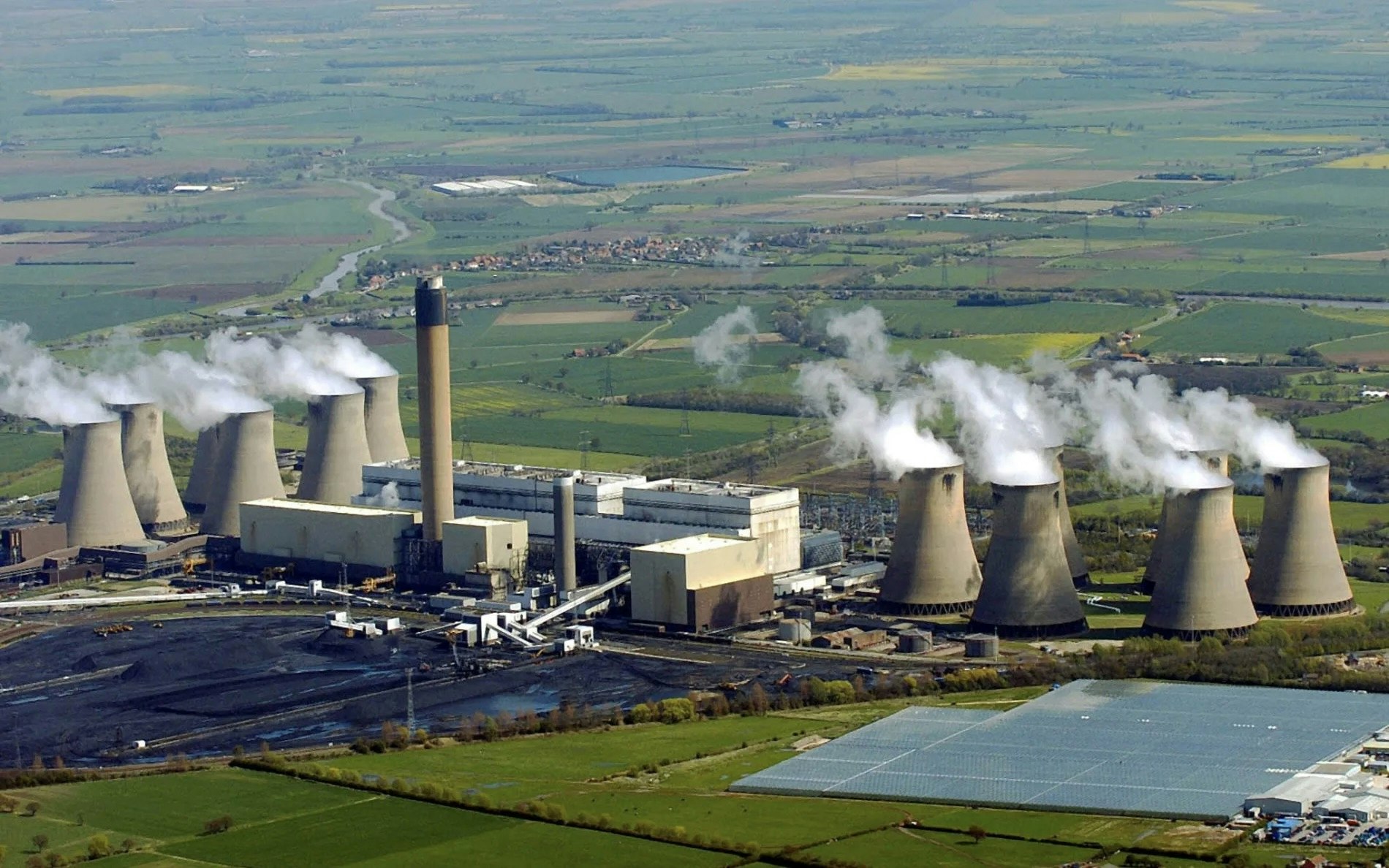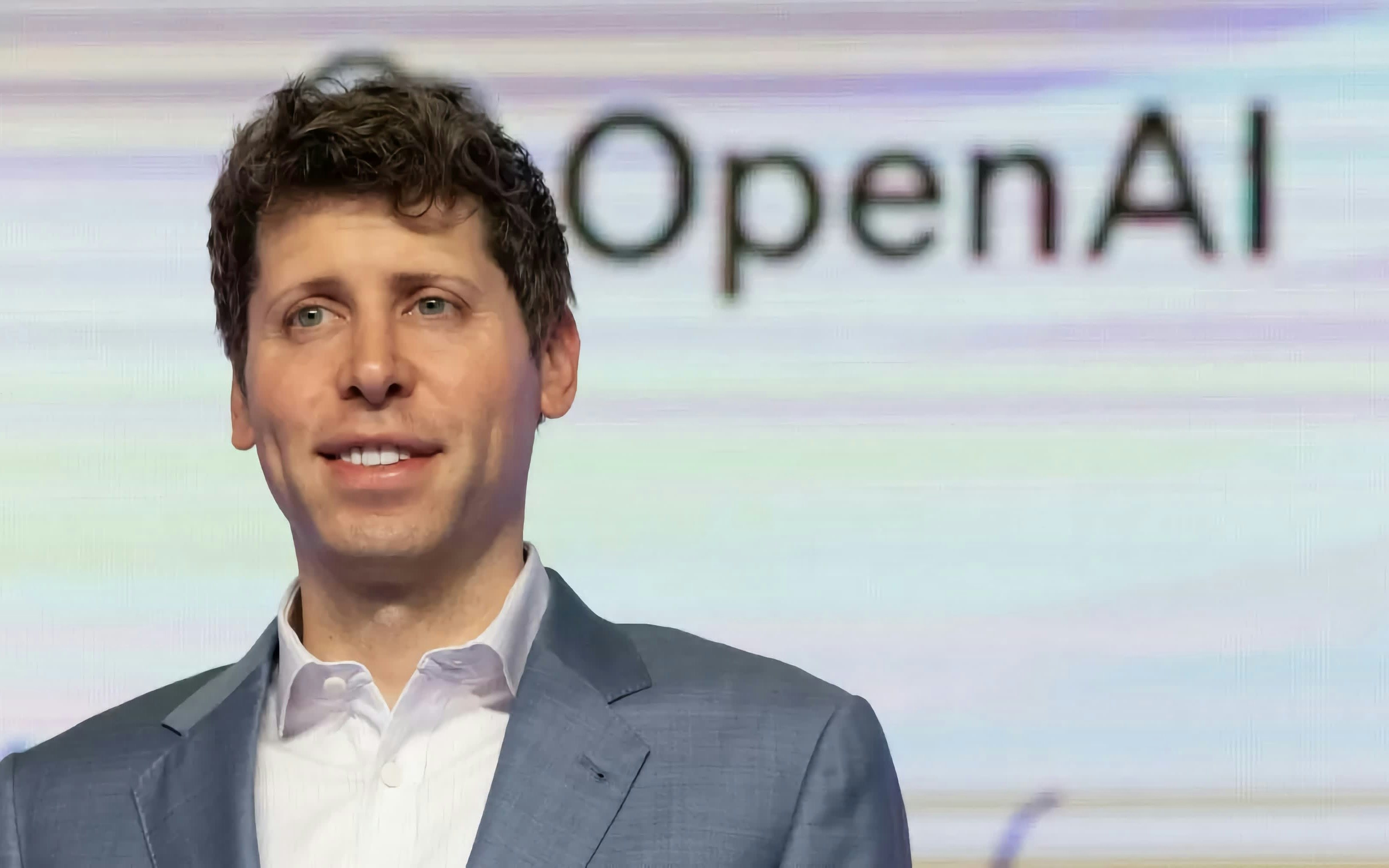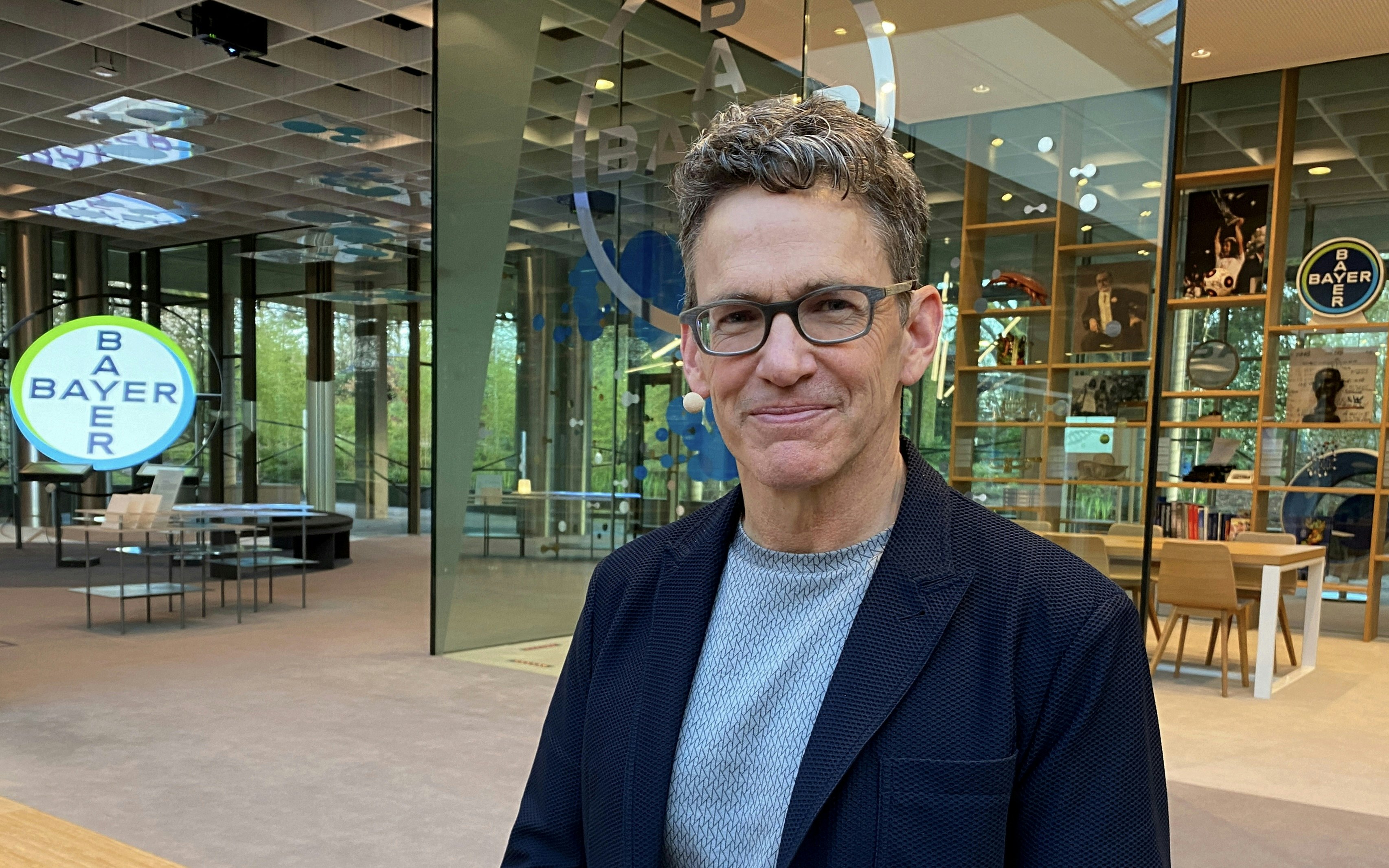Green
Britain ends coal-fired power generation after 140 years and turns to clean energy
For more than 140 years, electricity was generated from coal in the United Kingdom, but those days are now over.

**Britain Closes the Chapter on Coal Power: On Monday, the Country's Last Coal Power Plant in Ratcliffe-on-Soar, Southwest of Nottingham, Operated for the Last Time. After More Than 140 Years, the Era of Coal as a Power Source in the United Kingdom Comes to an End, Making It the First Major Industrial Nation to Completely Phase Out Coal-Fired Power. The Government Plans to Develop Britain into a "Clean Energy Superpower."**
The step comes earlier than originally planned: The conservative government under Boris Johnson had brought forward the coal phase-out by one year in 2021. The social-democratic Labour Party, leading the government since July, sees the conclusion as the beginning of a new era in the energy sector. "The coal workers can be proud of having powered our country for more than a century," said Energy Secretary Michael Shanks. "But now a new era begins with good jobs in areas such as wind power and new technologies like CO₂ capture and storage.
The transition to renewable energy strengthens energy security and protects the population from the price fluctuations of fossil fuels, according to the government. Currently, the share of coal in the UK's energy mix is only 1.3 percent. By comparison, at the beginning of the 20th century, almost all electricity in the country was generated through coal combustion. Since 1882, the year the first coal-fired power plant opened in London, British power plants have burned a total of 4.6 billion tons of coal, emitting 10.4 billion tons of carbon dioxide (CO₂), according to calculations by the climate portal "Carbon Brief" – more than most other countries have ever produced in CO₂ emissions.
Here's the translation of the heading to English:
"The significantly earlier coal phase-out of Great Britain compared to other industrialized nations – Germany is currently planning the phase-out by 2038 – was also made possible by the continuous use of nuclear power. Germany, on the other hand, has ideally moved the coal phase-out forward to 2030, but still relies in parts on fossil fuels.
We are far ahead when it comes to coal," commented Chris Stark, the British climate government advisor, to the "Times." "Far ahead compared to other G7 economies." The CEO of the power plant operator Uniper, Michael Lewis, described the shutdown of the Ratcliffe power plant, which opened in 1968, as "a tremendously significant event - locally, nationally, and internationally." A symbolic train carrying the last delivery of 1,650 tons of coal reached the plant in June.
This marks the end of an era of coal-fired power generation as the United Kingdom paves the way for a new, lower-carbon future.









